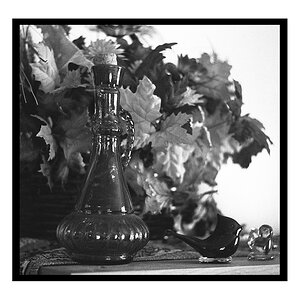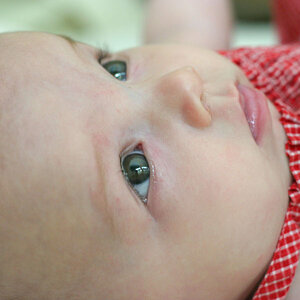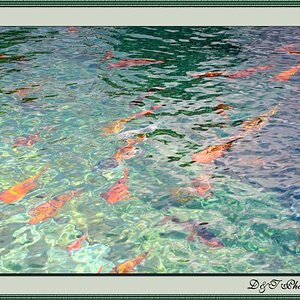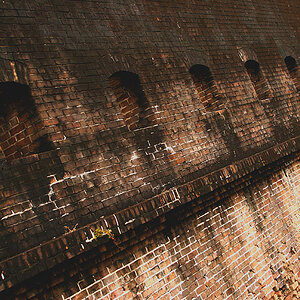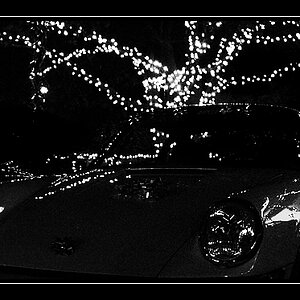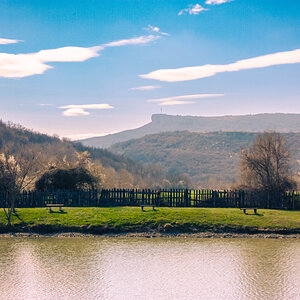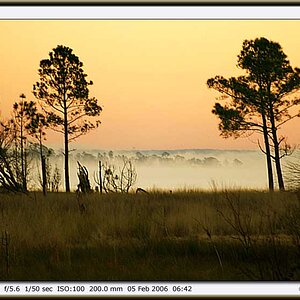Street photographer205
TPF Noob!
- Joined
- Mar 22, 2015
- Messages
- 3
- Reaction score
- 0
- Can others edit my Photos
- Photos NOT OK to edit
Hello, my name is Jackson. I am 14 years old. I have only recently gotten into photography. Any little tips would be greatly appreciated. Thank you.


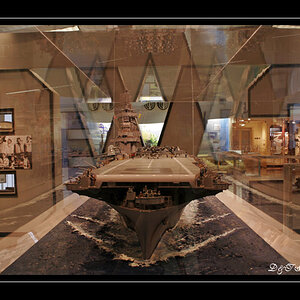

![[No title]](/data/xfmg/thumbnail/36/36302-6ee4929dfdf80290ffd73704693e860f.jpg?1619737496)
